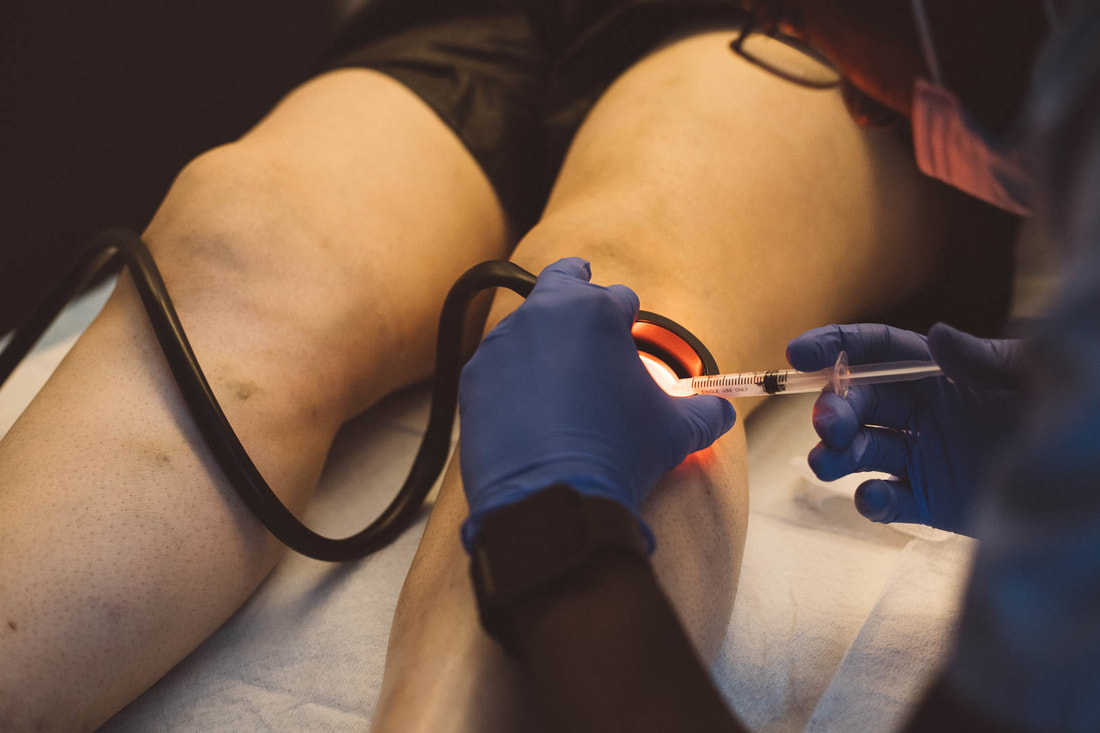Varicose veins are a common medical condition that affects a significant number of people worldwide. They often appear as enlarged, twisted veins, usually in the legs and feet. If you’re dealing with varicose veins, you may be wondering, “What are the Treatment Options for Varicose Veins?” In this comprehensive guide, we’ll explore the various medical professionals who specialize in treating varicose veins and delve into the wide array of treatment options available.
Understanding Varicose Veins:
Before delving into the treatment options, it’s crucial to understand the nature of varicose veins. These veins occur when the valves within the veins weaken or fail, leading to blood pooling and causing the veins to swell. Factors such as genetics, age, pregnancy, and prolonged periods of standing or sitting can contribute to the development of varicose veins.
Specialists Who Treat Varicose Veins:
Several medical professionals specialize in the treatment of varicose veins, each offering unique expertise in managing this condition.
- Vascular Surgeons: Vascular surgeons are physicians who specialize in treating disorders of the vascular system, including veins and arteries. They are highly trained to perform surgical procedures aimed at addressing varicose veins. Surgical interventions may include vein ligation, stripping, or more advanced procedures like endovenous laser treatment (EVLT) and radiofrequency ablation (RFA).
- Phlebologists: Phlebologists are doctors who specifically focus on the diagnosis and treatment of vein disorders. They may come from various medical backgrounds, including vascular medicine, dermatology, or surgery. Phlebologists often use non-surgical interventions like sclerotherapy, a minimally invasive procedure involving the injection of a solution into the affected veins to close them off.
- Interventional Radiologists: Interventional radiologists are medical professionals who use imaging techniques, such as ultrasound, to guide minimally invasive procedures. In the context of varicose veins, they may perform procedures like endovenous laser treatment or radiofrequency ablation to close off malfunctioning veins.
Treatment Options For Varicose Veins:
Now that we’ve identified the specialists who treat varicose veins, let’s explore the diverse range of treatment options available.
- Sclerotherapy: Sclerotherapy is a popular non-surgical treatment for varicose veins. During this procedure, a solution is injected directly into the affected veins, causing them to collapse and eventually fade away. It is particularly effective for smaller varicose veins and spider veins.
- Endovenous Laser Treatment (Evlt): Endovenous laser treatment is a minimally invasive procedure that uses laser energy to heat and seal off problematic veins. This treatment is often performed by vascular surgeons or interventional radiologists and has a high success rate in closing off varicose veins.
- Radiofrequency Ablation (Rfa): Radiofrequency ablation is another minimally invasive technique used to treat varicose veins. It involves the use of radiofrequency energy to heat and close off the affected veins. Like EVLT, RFA is performed by vascular surgeons or interventional radiologists.
- Vein Stripping And Ligation: Traditional surgical methods such as vein stripping and ligation are still employed in certain cases, especially when varicose veins are severe. Vascular surgeons perform these procedures, which involve the removal or tying off of the malfunctioning veins.
- Compression Stockings: Compression stockings are a conservative approach to managing varicose veins. These specially designed stockings provide graduated pressure, helping to improve blood circulation and alleviate symptoms. While not a cure, compression stockings can be a valuable part of a comprehensive treatment plan.
Conclusion:
In conclusion, if you find yourself asking, “What doctor treats varicose veins?” know that there are specialized medical professionals who can help. From vascular surgeons and phlebologists to interventional radiologists, each brings a unique set of skills to the table. Moreover, the treatment options for varicose veins are diverse, ranging from minimally invasive procedures like sclerotherapy, EVLT, and RFA to traditional surgical methods.
It’s essential to consult with a healthcare professional to determine the most suitable treatment plan based on the severity of your varicose veins and your overall health. With advancements in medical technology and a variety of specialists dedicated to treating varicose veins, there are effective solutions available to help you manage this common vascular condition.
